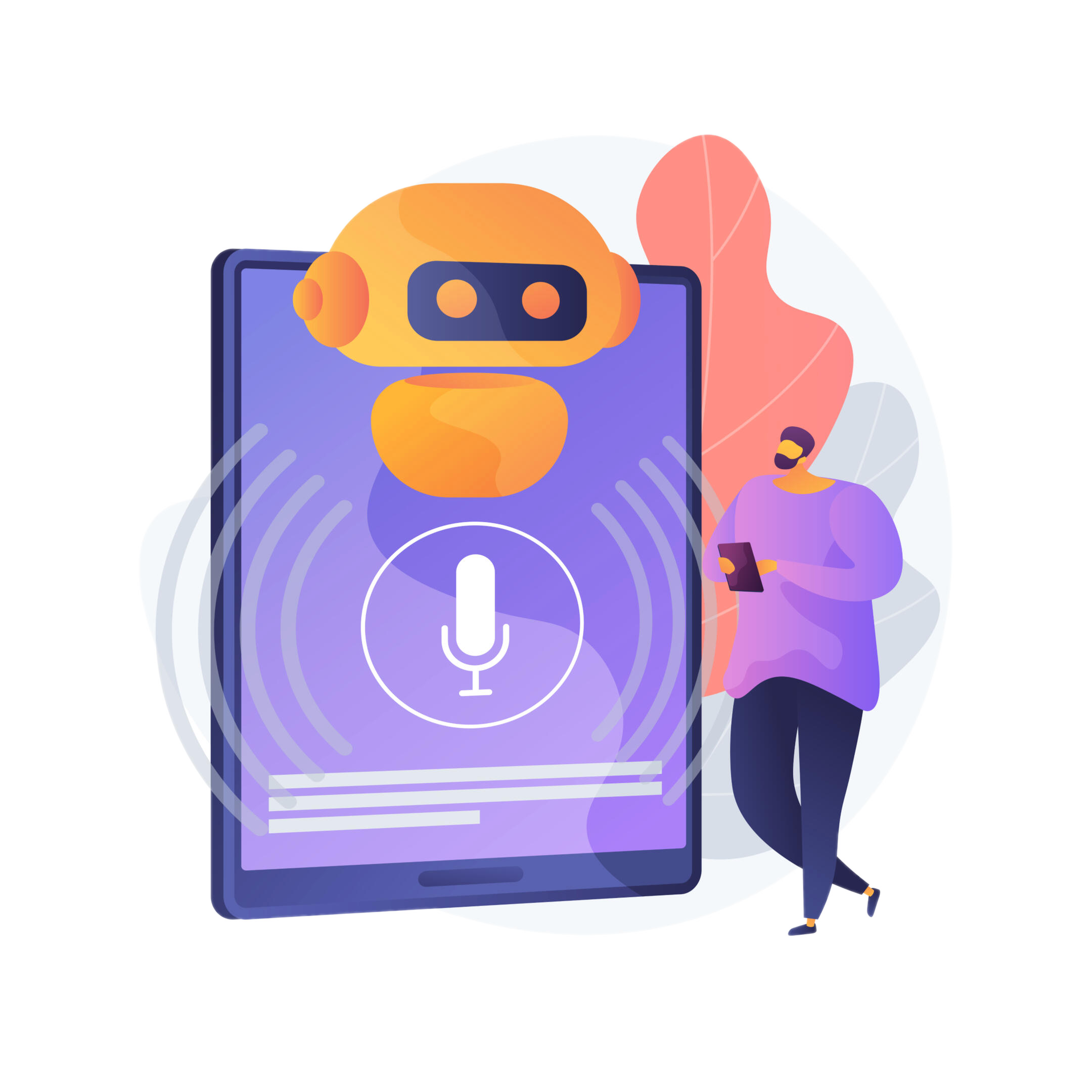Advancements in Voice Command Technology: From Smart Homes to Virtual Assistants
Advancements in voice command technology have radically transformed the way we interact with devices and access information. Gone are the days when voice commands were a futuristic fantasy. Today, they're woven into the fabric of our daily lives, from smart homes that respond to our every command to virtual assistants who help us stay on top of work and personal tasks. This technology has indeed come a long way, turning once tedious tasks into seamless interactions.
The Beginnings of Voice Command Technology
Voice command technology, albeit primitive, first emerged in the 1950s with systems that recognized digits spoken by a single voice. These initial forays paved the way for more sophisticated voice recognition systems throughout the ensuing decades. The real quantum leap, however, took place with the internet's proliferation and advancements in natural language processing (NLP), allowing machines to understand and process human speech with remarkable accuracy.
Early voice command technology found its use in niche applications and industries, with limited vocabulary and user capacity. The majority of these systems required extensive training to recognize a specific user's voice, and even then, the success rate left much to be desired. However, with consistent research and development, voice command systems became more adaptable and capable.
The Integration of Voice Command in Daily Life
It was the introduction of smartphones and, subsequently, smart speakers that brought voice command technology into the limelight. The ability to make a call, send a text, or even search for information online using voice commands was a game-changer. These innovations did not just make technology more accessible; they started a cascade effect that led to the proliferation of voice-command interfaces across numerous devices and platforms.
Today, we see voice command technology in everyday appliances like refrigerators, thermostats, and even light bulbs. Smart homes are no longer a luxury; they are becoming the standard. This seamless integration allows for increased efficiency and simplified task management, offering a hands-free and intuitive experience.
Advancements in Voice Command Technology and the Impact on Accessibility
Advancements in voice command technology have been particularly beneficial for individuals with disabilities. The hands-free nature of voice-command interfaces enables increased independence for those with mobility or dexterity impairments. These individuals can now operate smartphones, computers, and a range of smart devices without the constraints that traditional interfaces pose.
Moreover, the ongoing improvements in voice recognition accuracy mean that these technologies are becoming more reliable and user-friendly for everyone. This includes those with accents or speech impairments, who previously faced hurdles with early systems. Voice command technology continues to evolve and adapt, becoming more inclusive and comprehensively serving a wider user base.
The Future of Voice Command Technology
Looking ahead, the potential for advancements in voice command technology is limitless. With the continued integration of artificial intelligence and machine learning, virtual assistants and voice command interfaces are expected to become even more nuanced and context-aware. We foresee a future where your virtual assistant may predict needs, make recommendations, and execute tasks with little to no prompt, functioning more as an attentive partner than a passive responder.
In terms of accessibility, the fusion of voice command technology with other assistive tools can provide more tailored support for individuals with diverse needs. From educational settings to workplace accommodations, the scope is vast and promising. The convenience of voice-command systems and the level of control they offer will only heighten their appeal and extend their reach further into our lives.
In conclusion, the ongoing advancements in voice command technology from smart homes to comprehensive virtual assistants are reshaping our world. By embracing these tools, such as the TalkaType browser extension that enables users to utilize their voice across any website effortlessly, we unlock a new realm of possibilities—a testament to human innovation and the relentless pursuit of ease and efficiency. As technology marches on, so will our ways of commanding it, evolving beyond our current imaginations into even more integrated aspects of our daily existence.
Subscribe to our newsletter
Subscribe to our newsletter for tips, exciting benefits, and product updates from the team behind Voice Control!
Other projects from the team

Talkio AI
The ultimate language training app for the browser that uses AI technology to help you improve your oral language skills.

Voice Control for Gemini
Expand the voice features of Google Gemini with read aloud and keyboard shortcuts for the built-in voice recognition.